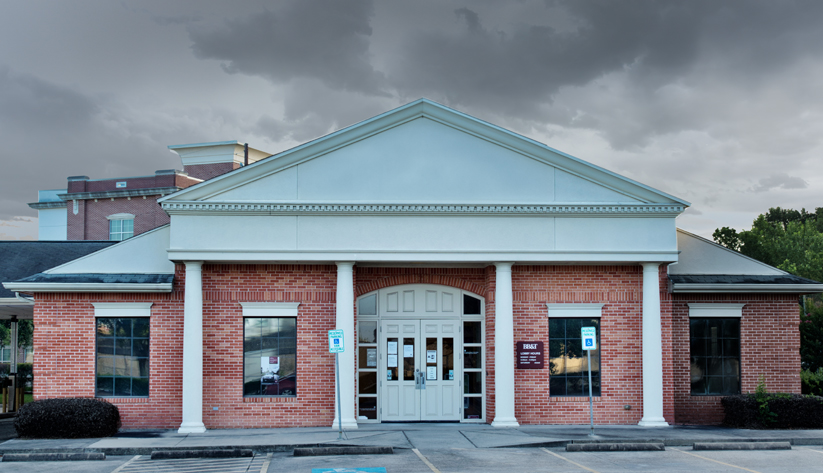
By Joe Davidson, Senior Vice President
Supervision and Regulation
Federal Reserve Bank of Atlanta
Dear Southeastern Banking Colleagues,
As we near the end of the year, I want to focus on this year's eventful hurricane season. First and foremost, our thoughts are with those affected by the particularly potent hurricanes, Helene and Milton, in late September and early October. Although these storms dominate recent news coverage, we are mindful of the impacts of hurricanes Debby and Francine on the Sixth District earlier this season as well.
The Federal Reserve, the Office of the Comptroller of the Currency, the Federal Deposit Insurance Corporation, National Credit Union Association, and state banking agencies continue to encourage and support financial institutions to meet the needs of their customers as they recover from these storms. During the first half of October, these agencies issued joint press releases on Helene (on October 2) and Milton (on October 15), and the Atlanta Fed issued business continuity information in April 2024.
We know these are challenging times, and the Federal Reserve recognizes banks' efforts to work with customers following the hurricanes. These efforts might include waiving ATM fees, cash limits on withdrawals, and overdraft fees, as well as offering payment accommodations and receiving CRA consideration for community development loans or services that revitalize or stabilize federally designated disaster areas. As a reminder, the Federal Reserve's discount window is a reliable source for short-term liquidity needs for institutions that have a borrowing arrangement in place. Those affected by the storms are encouraged to apply for FEMA assistance through DisasterAssistance.gov.
The Fed has a longstanding policy of providing supervisory flexibility, consistent with statutory and regulatory requirements, following a major disaster or emergency to facilitate the recovery efforts of affected community banking organizations. This flexibility is outlined in SR 13-6 / CA 13-3: Supervisory Practices Regarding Banking Organizations and their Borrowers and Other Customers Affected by a Major Disaster or Emergency.
In a similar vein, in December 2017 (following hurricanes Harvey and Irma), the Fed and other federal regulatory agencies, in consultation with the Conference of State Bank Supervisors, issued SR 17-14: Interagency Supervisory Examiner Guidance for Institutions Affected by a Major Disaster, which includes the recognition that disasters and their aftermath may adversely affect asset quality.
Valuations that are deficient may pose risks to the financial condition and operations of a financial institution. A financial institution may request from an appraiser or other preparer of the valuation report, a reconsideration of value (ROV) to reassess the report based upon potential deficiencies, or other information that may affect the value conclusion. SR 23-3 / CA 24-4—Interagency Guidance on Reconsiderations of Value of Residential Real Estate Valuations—outlines the process for this request. The guidance is relevant for all financial institutions supervised by the Federal Reserve, including those with $10 billion or less in consolidated assets.
As a final note, please remember that the Fed has its own business continuity plan should a business disruption occur. Please make sure your institution's business continuity contact information is up to date. The designated contact person for your institution should be familiar with your operations and your electronic connections to the Federal Reserve.
Please take a moment to visit our website at atlantafed.org and explore the many ways we operate in the Sixth District to ensure banking stability and support our communities.
In closing, I wish you all the very best during the holiday season.
Sincerely,




